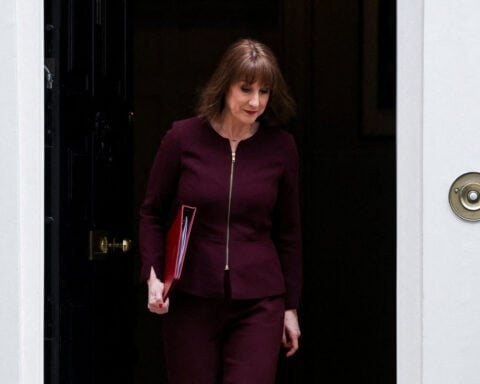Microsoft Japan recently tested a radical perk for its workers: a four-day workweek with pay for five days of work. Employees took off entire Fridays in August while receiving their normal salaries. Microsoft says this compressed schedule boosted productivity by 40% compared to August 2018.
The company also cut meeting times from 60 to 30 minutes, capping attendance at five people per session. Microsoft urged using chat instead of wasteful emails and meetings. The news excited workers in Japan and globally, with many hoping for four-day weeks at their own jobs.
Microsoft isn't alone in experimenting with abbreviated schedules. In 2018, New Zealand firm Perpetual Guardian announced a 20% productivity jump after trialing a four-day week at full pay. Last October, it made the policy permanent.
While Microsoft Japan saw double Perpetual Guardian's gain, it hasn't revealed if it will extend the pilot program to other offices or make it permanent. A spokesperson said the company is always seeking new ways to innovate and improve employees' experiences worldwide.
The four-day experiment required Microsoft Japan employees taking Fridays off to use special paid vacation time. The company says this resulted in a 40% boost in productivity compared to August 2018, when no one took days off.
Electricity consumption also fell by 23% with the office closed Fridays. Employees printed 60% fewer pages. To further increase efficiency, nearly half of meetings were shortened from 60 minutes to just 30.
Experts say other companies may start piloting four-day weeks after Microsoft's reported productivity spike. But for now, schedule flexibility seems a more realistic priority than outright reducing hours for most workers.
"Younger people actually choose work flexibility over health care coverage," notes workplace analyst Dan Schawbel, even with America's steep insurance costs. Schawbel sees flexible schedules and four-day weeks as two ways employers can combat worker burnout.
The same technologies enabling remote work also make it harder to unplug outside office hours. France now grants employees a "right to disconnect" from their jobs during personal time. The UK Labour Party recently proposed four-day weeks at no less pay.
Productivity has sharply risen since the 1970s while wages stagnated. With technology squeezing more output from workers, some economists believe it's time to redistribute gains through shorter weeks.
The Microsoft trial shows appetite for four-day schedules, though few employees want no work at all. In a 2018 survey, just 4% chose a zero-day workweek when asked assuming pay stayed constant.
Twenty percent wanted three days of work, 34% preferred four days, 28% supported the status quo five-day week, and the rest chose one or two days. As analyst Schawbel observes, this demonstrates most people still want to work - just potentially less.
While workers dream of extra days off, companies remain focused on offering schedule flexibility amidst a perceived burnout crisis. Allowing remote work and rethinking full-time office presence may provide relief.
For now, more US companies seem likely to experiment with abbreviated schedules than make four-day weeks standard. Workers desiring greater work-life balance view flexibility as an incremental step toward reducing burnout and reclaiming personal time.

 Trump has begun another trade war. Here's a timeline of how we got here
Trump has begun another trade war. Here's a timeline of how we got here
 Canada's leader laments lost friendship with US in town that sheltered stranded Americans after 9/11
Canada's leader laments lost friendship with US in town that sheltered stranded Americans after 9/11
 Chinese EV giant BYD's fourth-quarter profit leaps 73%
Chinese EV giant BYD's fourth-quarter profit leaps 73%
 You're an American in another land? Prepare to talk about the why and how of Trump 2.0
You're an American in another land? Prepare to talk about the why and how of Trump 2.0
 Chalk talk: Star power, top teams and No. 5 seeds headline the women's March Madness Sweet 16
Chalk talk: Star power, top teams and No. 5 seeds headline the women's March Madness Sweet 16
 Purdue returns to Sweet 16 with 76-62 win over McNeese in March Madness
Purdue returns to Sweet 16 with 76-62 win over McNeese in March Madness








